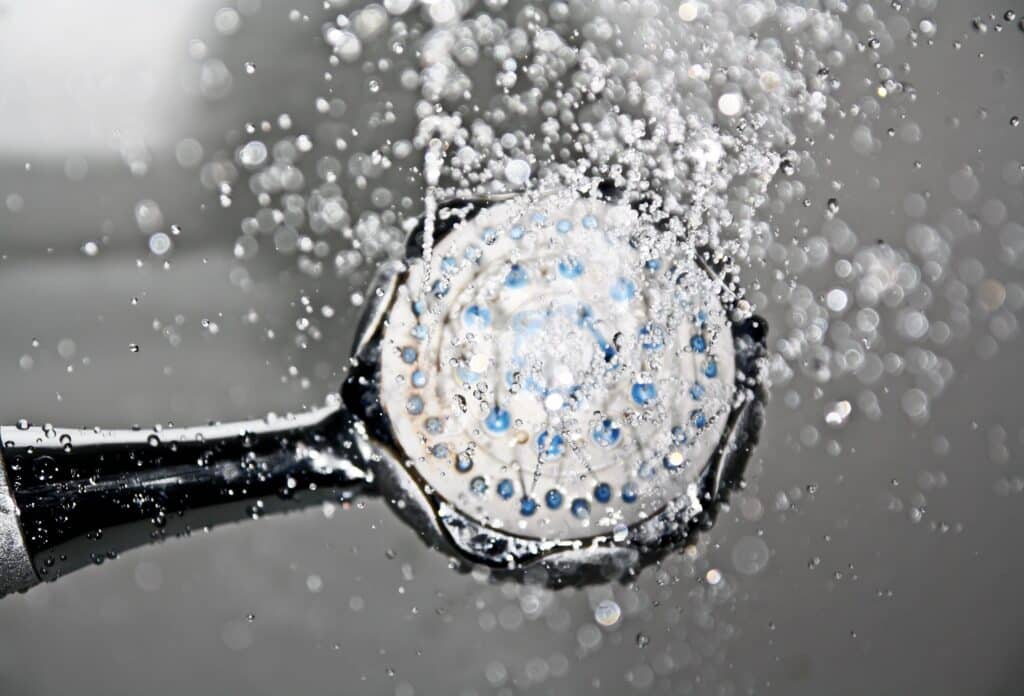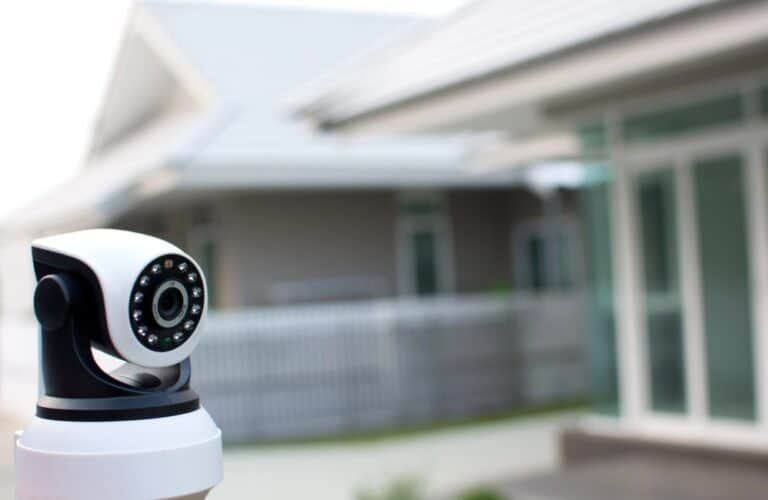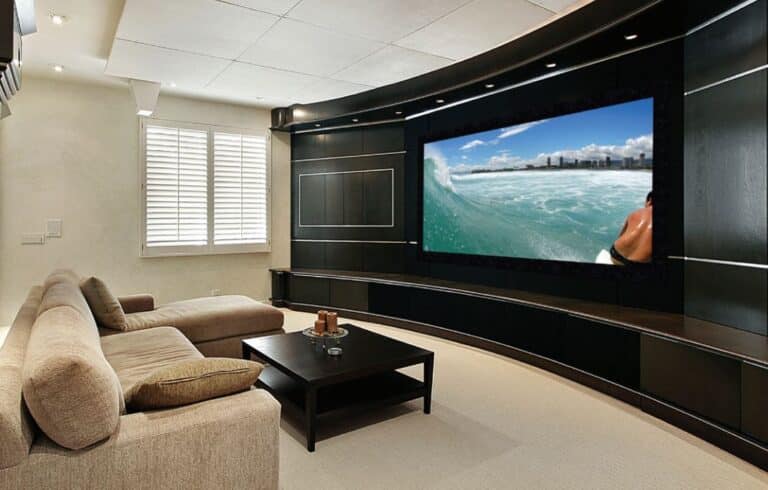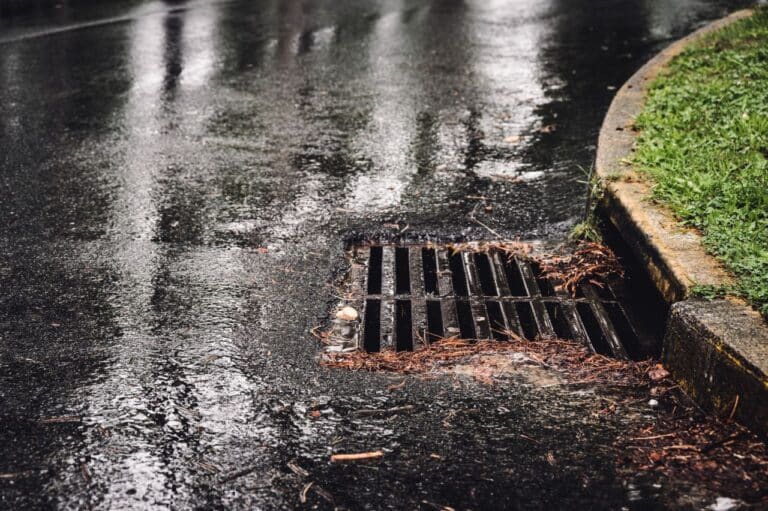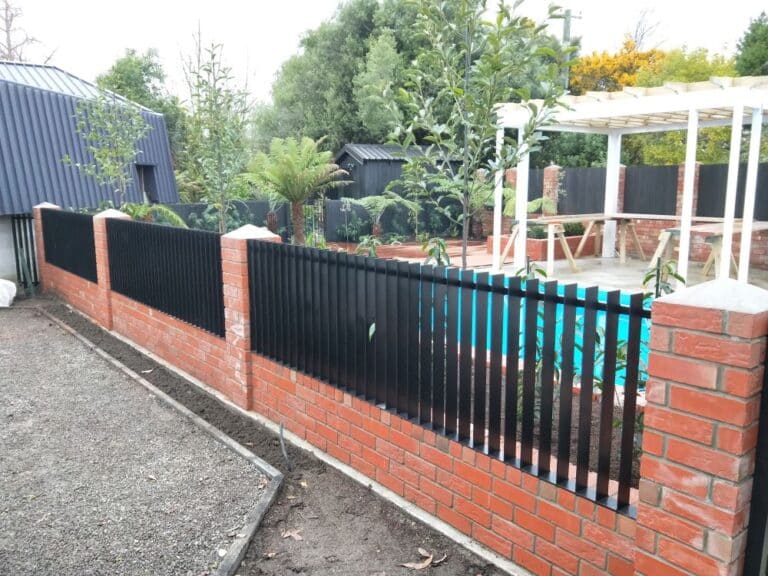A satisfying shower depends heavily on consistent and reliable water pressure. In Wellington, where the city’s unique geography and infrastructure can complicate water delivery, maintaining optimal shower pressure is both a comfort issue and a matter of plumbing efficiency.
Homeowners, landlords, and tenants alike often face fluctuating water pressure due to elevation changes, ageing pipes, and variable municipal supply. Here’s a comprehensive guide to understanding and maintaining strong, steady shower pressure in Wellington bathrooms.
Why Shower Pressure Matters in Wellington Homes
Comfort and Efficiency in Daily Use
Low shower pressure can be incredibly frustrating, especially during chilly Wellington mornings when a hot, high-pressure shower can set the tone for the day. High pressure not only provides a more enjoyable experience but also helps rinse off soap and shampoo effectively, reducing the time spent in the shower and, ultimately, saving water when properly managed.
Effects on Appliance Longevity and Energy Use
Inconsistent or poor pressure can stress plumbing systems and water-heating appliances. For example, instantaneous gas hot water systems often rely on a minimum pressure threshold to function correctly.
If the water pressure dips below this level, the system might not ignite, leading to cold showers. Long-term exposure to such conditions can wear out valves, fittings, and internal components faster, leading to costly repairs.
Common Causes of Poor Shower Pressure in Wellington
Ageing Plumbing Systems in Older Suburbs
Many Wellington homes, particularly in older suburbs like Thorndon or Newtown, still operate with outdated galvanised pipes that are prone to internal corrosion. This rust can significantly narrow the pipe diameter, restricting flow and reducing pressure at outlets like showers.
Mineral Buildup and Hard Water Issues
Wellington’s water is moderately hard in some areas, contributing to mineral scale buildup inside plumbing fixtures. Showerheads are especially vulnerable to clogging, as limescale deposits can block nozzles and disrupt consistent water flow.
Inadequate or Clogged Showerheads
Even in newer homes, the showerhead itself can be a culprit. Water-saving or poorly designed fixtures may restrict flow beyond what is necessary, especially if not suited to the property’s existing pressure. Sediment filters can also clog over time, further compounding the problem.
Shared Water Lines and Peak Usage Times
In densely populated Wellington neighbourhoods, shared supply lines in multi-unit dwellings or townhouses can mean reduced pressure during peak times. If everyone on the street is showering at 7 a.m., your bathroom might receive a fraction of the normal pressure.
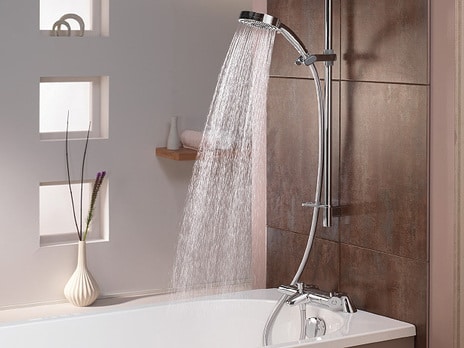
How Wellington’s Water Supply Infrastructure Affects Shower Pressure
Role of Elevation and Gravity in Local Neighbourhoods
Wellington’s hilly terrain plays a major role in pressure variation. Homes located higher up, such as in Kelburn or Brooklyn, are often at a disadvantage compared to those in low-lying areas. Gravity affects water flow significantly, and unless booster stations are in place, pressure can be noticeably lower uphill.
Water Main Proximity and Pressure Zones
Wellington Water manages a system of pressure zones to deliver consistent supply across the city. The closer a home is to a main pipe or pumping station, the better its pressure is likely to be. Conversely, end-of-line properties or those in transition zones may experience dips or spikes.
Council Maintenance and Supply Interruptions
Planned maintenance or emergency repairs by Wellington Water can lead to temporary drops in pressure. While typically short-lived, repeated disruptions can reveal underlying issues in a home’s plumbing that only manifest when the municipal supply is stressed.
Practical Tips for Maintaining Consistent Shower Pressure
Regular Cleaning of Showerheads and Filters
Simple yet effective: unscrew the showerhead monthly and soak it in vinegar to dissolve limescale. If your home has a sediment filter on the main line, check and replace it as needed. Clean components help maintain flow and extend the fixture’s life.
Upgrading to High-Pressure Shower Fixtures
If you’re stuck with a low-flow head, consider swapping it for a model designed for high-pressure systems. Look for units with self-cleaning nozzles and an internal pressure-boosting mechanism. These are ideal for Wellington homes with variable municipal supply.
Checking for Leaks or Valve Malfunctions
Leaky taps, hidden pipe cracks, or partially closed isolation valves can all siphon pressure from your shower. A plumber can carry out a thorough system check to pinpoint inefficiencies and recommend upgrades or repairs.
Installing a Shower Pump or Pressure Booster
For chronically low-pressure homes, a booster pump might be the solution. These devices are especially useful in elevated Wellington suburbs. Installation requires plumbing expertise but can dramatically transform the shower experience.
When to Call a Wellington Plumbing Professional
Diagnosing Deeper Systemic Issues
If basic fixes don’t improve your pressure, a licensed plumber can inspect for pipe restrictions, flow rate imbalances, or valve problems. They’ll also check water pressure at the meter to determine if the issue lies inside or outside your property.
Ensuring Compliance with Local Plumbing Regulations
Any modifications involving pumps or major pipework need to adhere to New Zealand building codes and Wellington Water guidelines. Hiring a certified professional ensures your upgrades are safe and legal.
Long-Term Pressure Management Solutions
A plumber may recommend installing pressure-regulating valves or re-piping segments of your system. While these are more involved projects, they provide long-term reliability and prevent future water pressure headaches.
Preventative Measures to Safeguard Shower Pressure Over Time
Annual Plumbing Inspections and Maintenance
Scheduling yearly plumbing checks is a smart investment, especially for older properties. Professionals can detect pressure problems early and clean or replace ageing components before major issues develop.
Replacing Outdated Pipes and Fixtures
Modern copper or PEX piping significantly improves water flow compared to corroded metal pipes. Similarly, modern tapware and fittings are designed to optimise pressure even at lower flow rates, ensuring consistent performance.
Adjusting Usage Habits During Peak Hours
If pressure is a persistent issue, consider adjusting routines slightly, such as showering outside of peak hours. In many Wellington homes, a 30-minute difference can result in a much stronger shower.
Final Thoughts on Ensuring a Great Shower Experience in Wellington
Maintaining strong and steady shower pressure in Wellington bathrooms requires a combination of practical upkeep, modern fixtures, and an understanding of how local infrastructure impacts your supply.
Whether you live on a hill or in the heart of the CBD, proactive maintenance and professional support can ensure your daily shower is consistently satisfying. Investing in pressure-friendly solutions now can prevent frustrating surprises and help your plumbing system perform efficiently for years to come.
